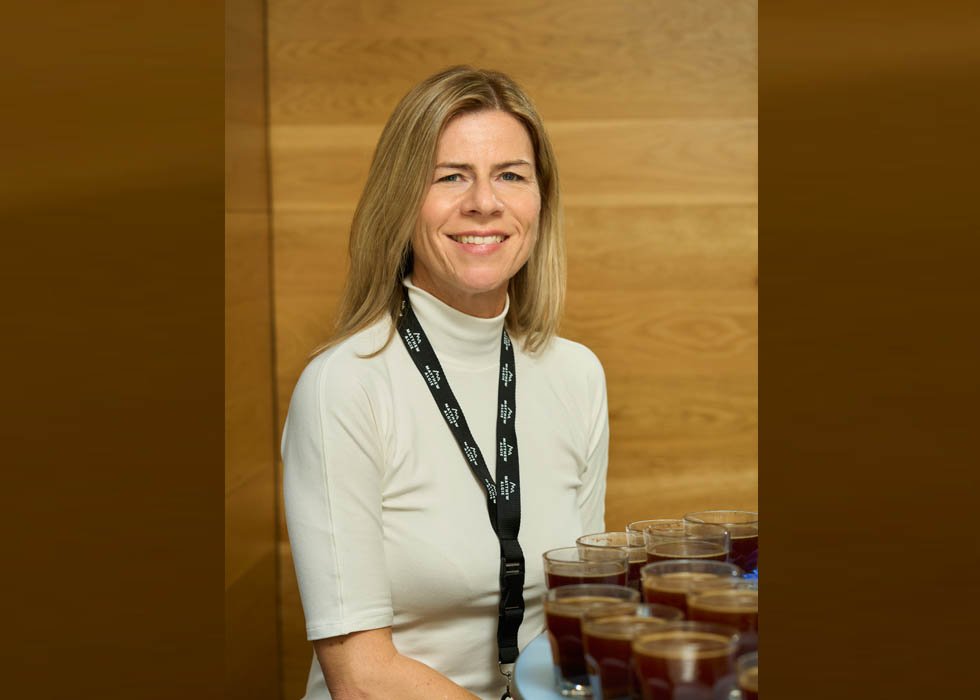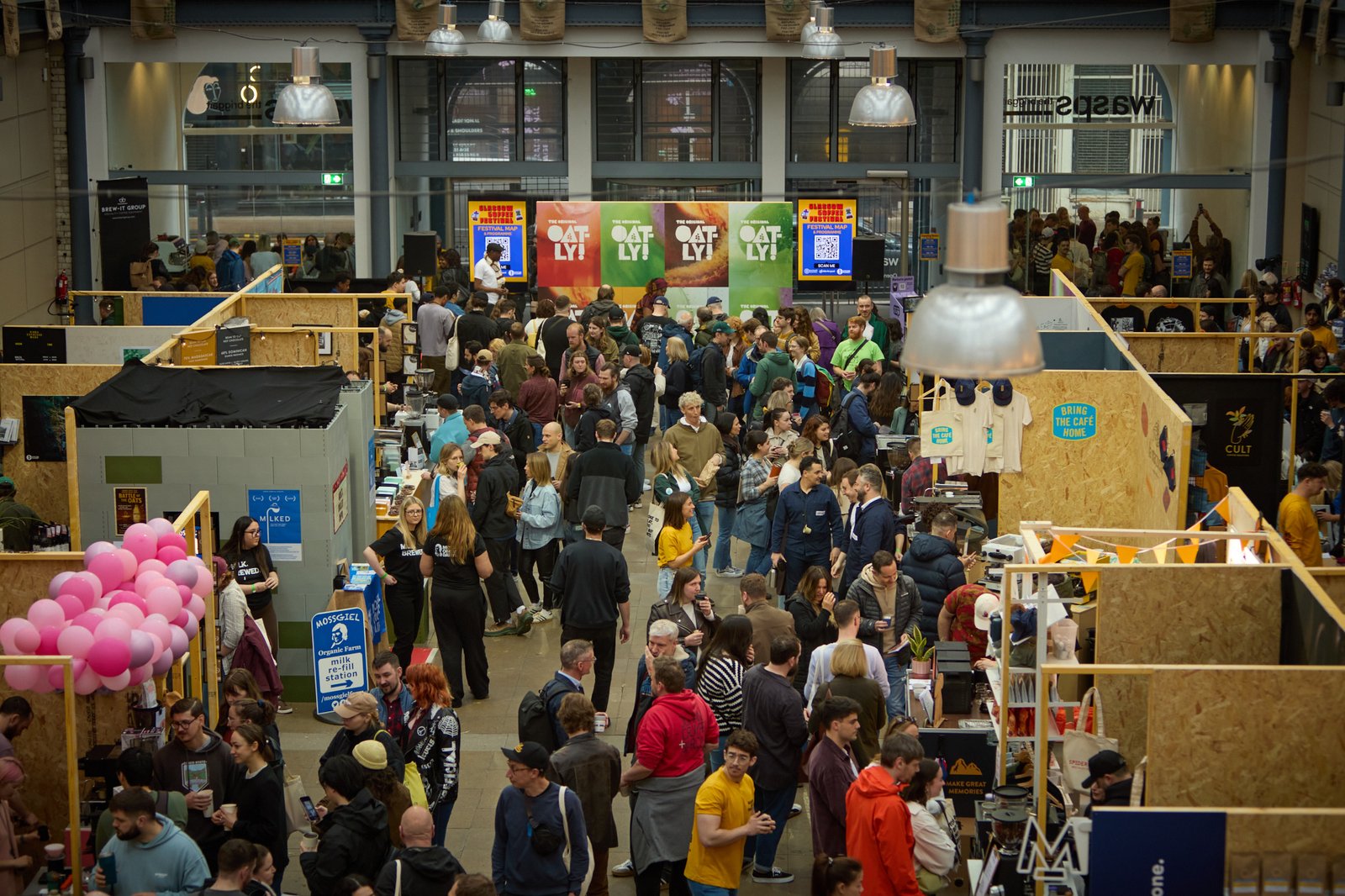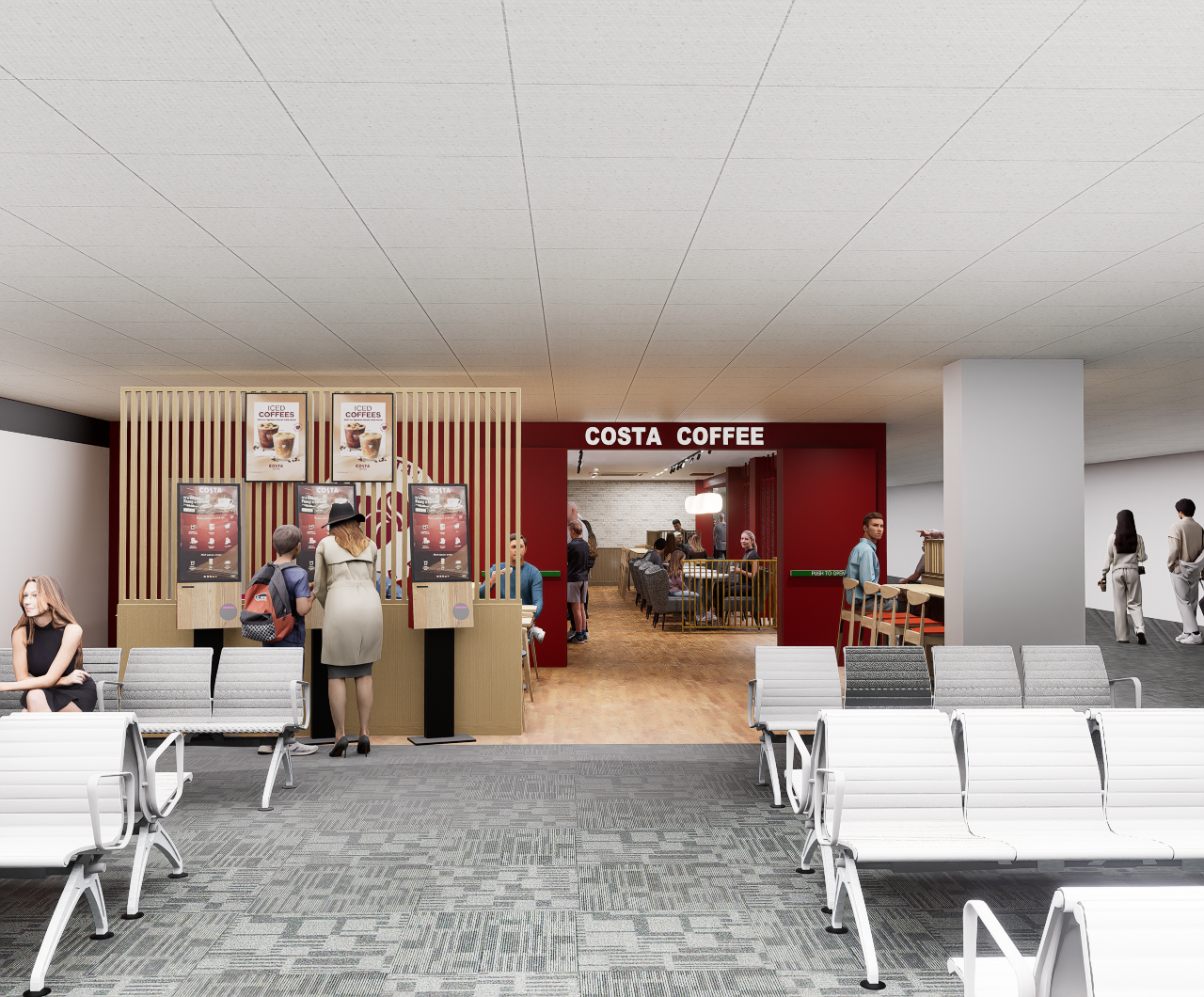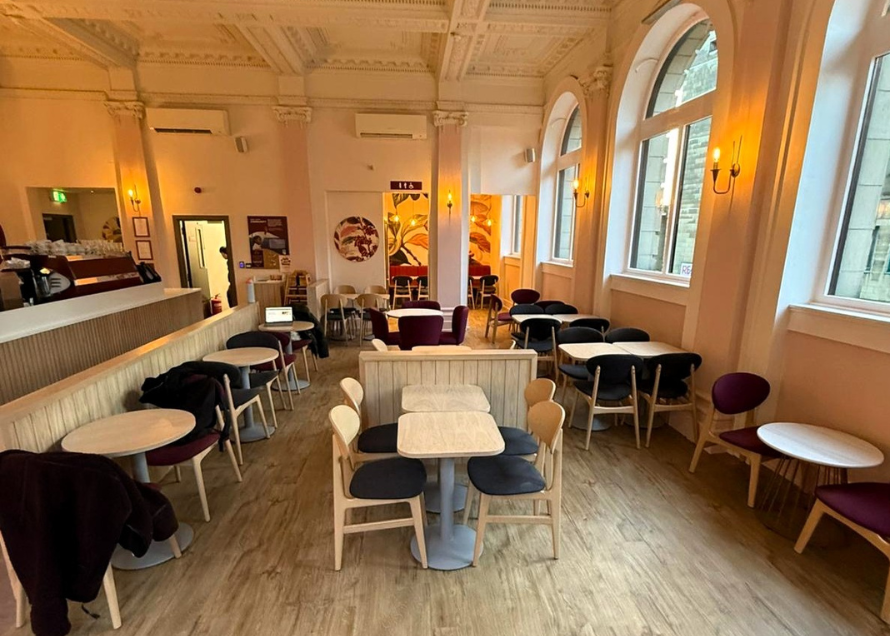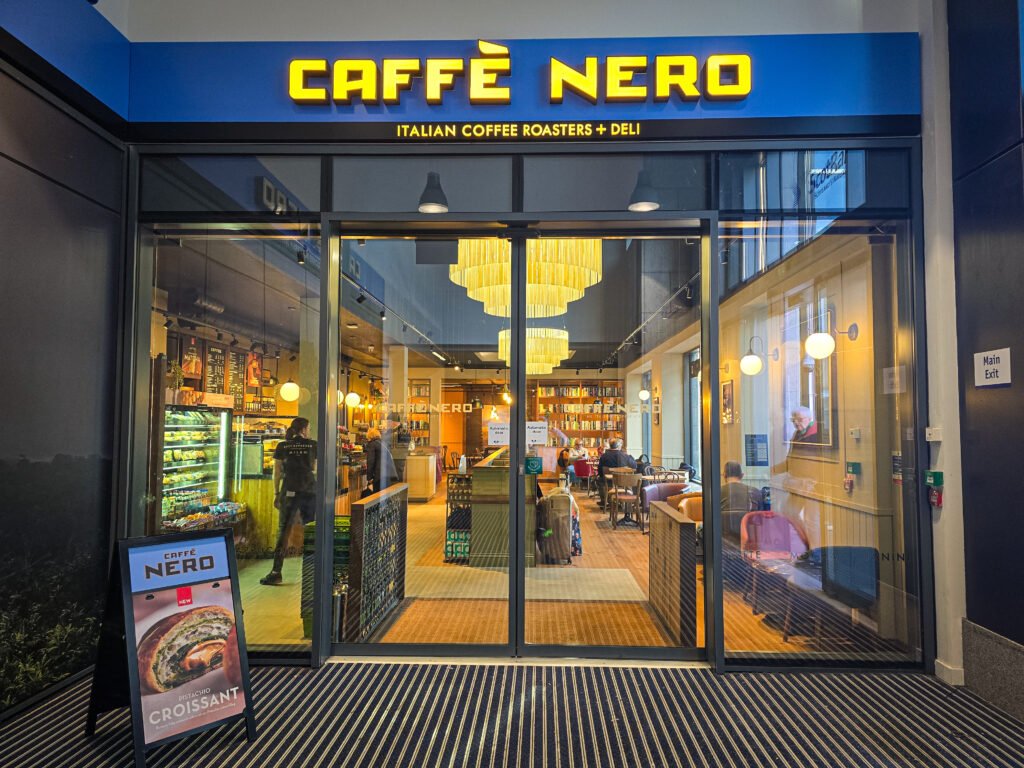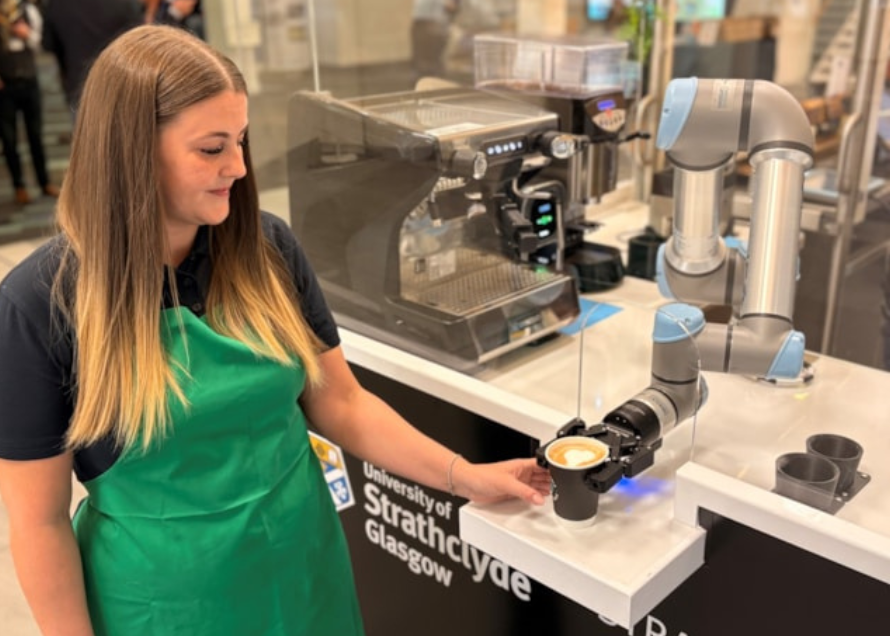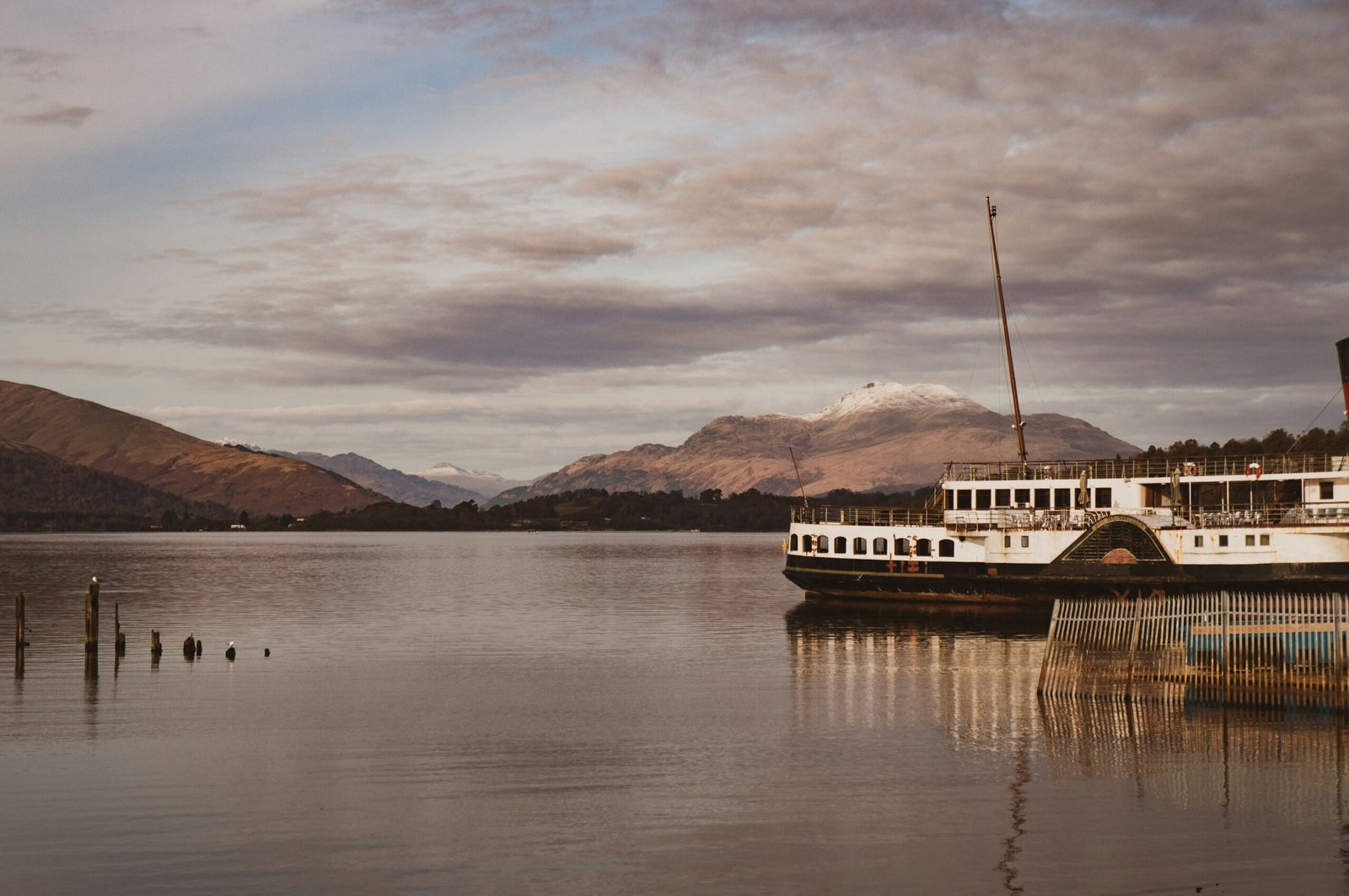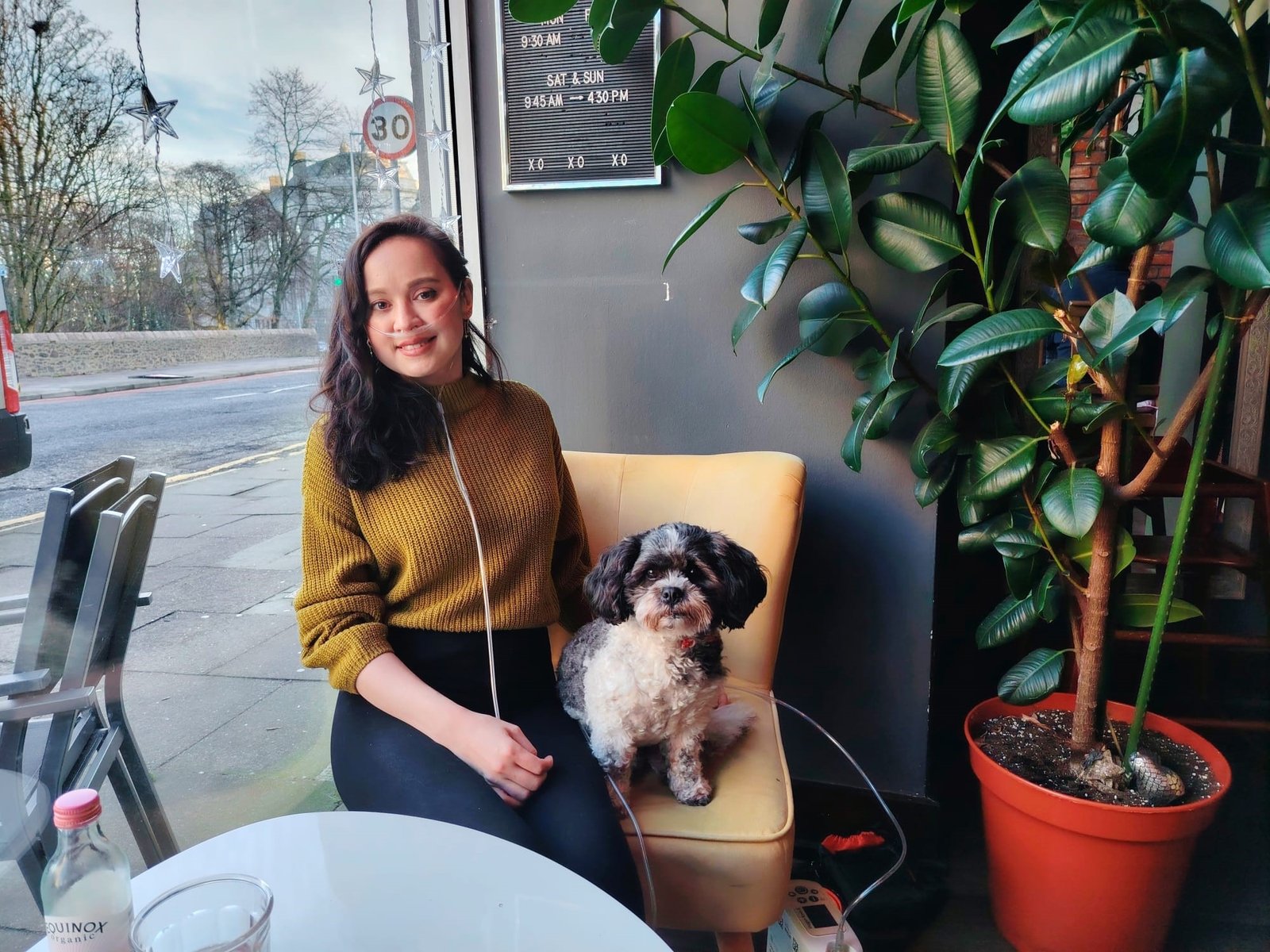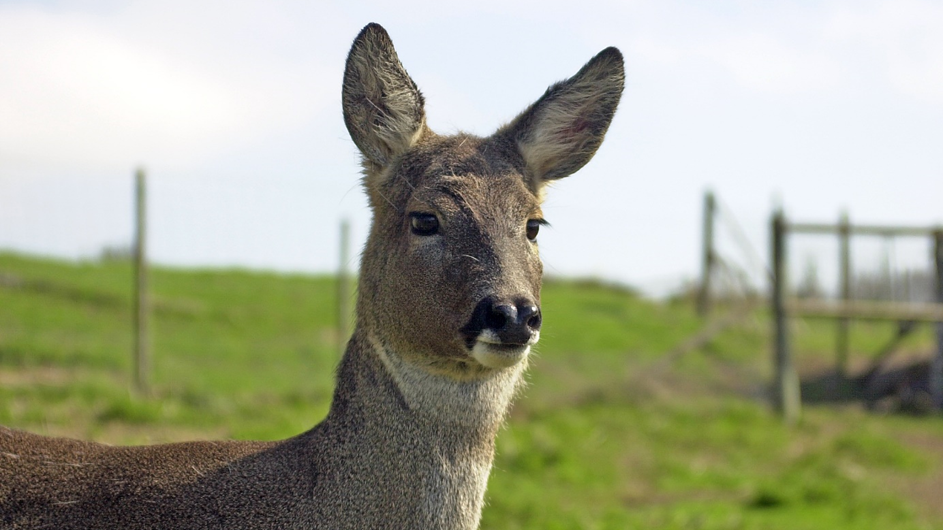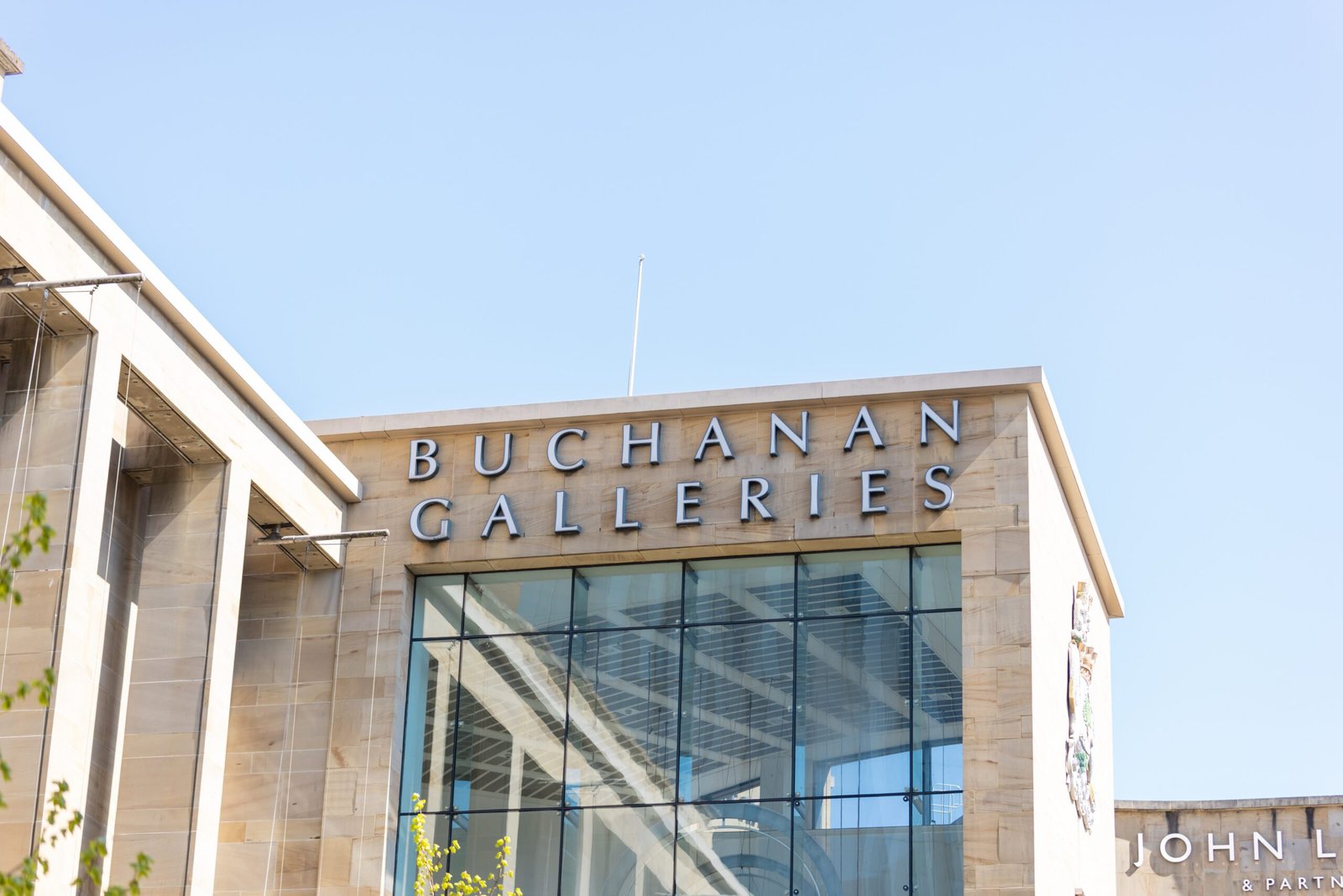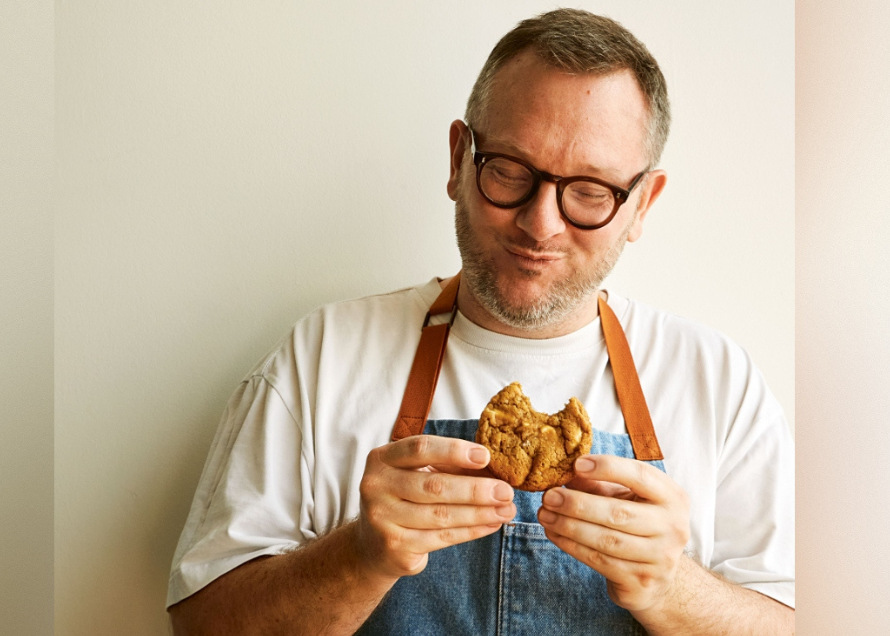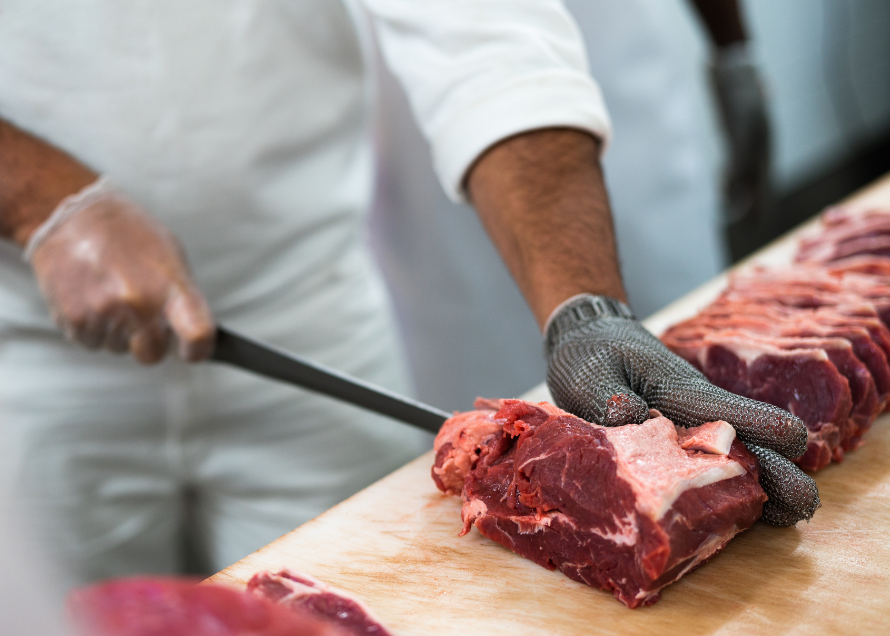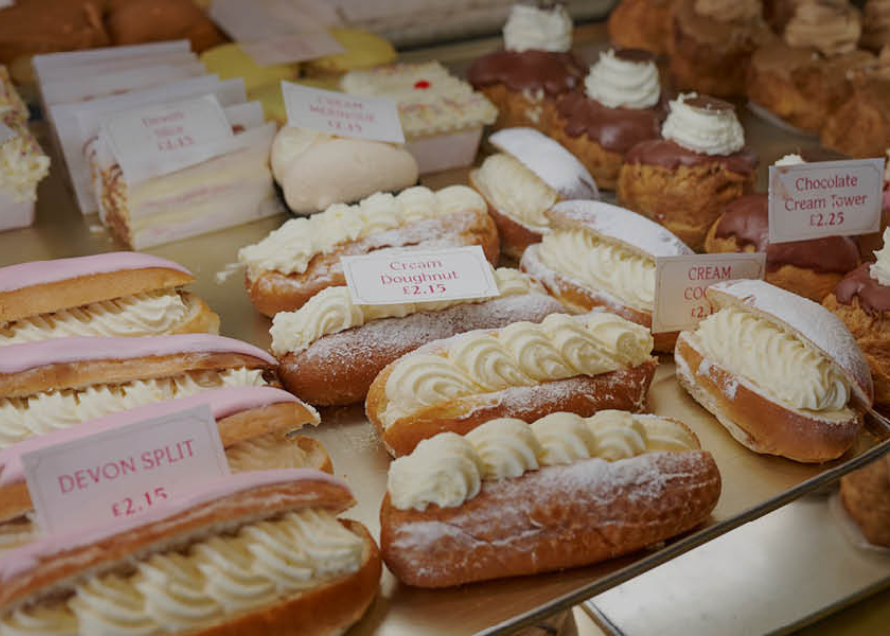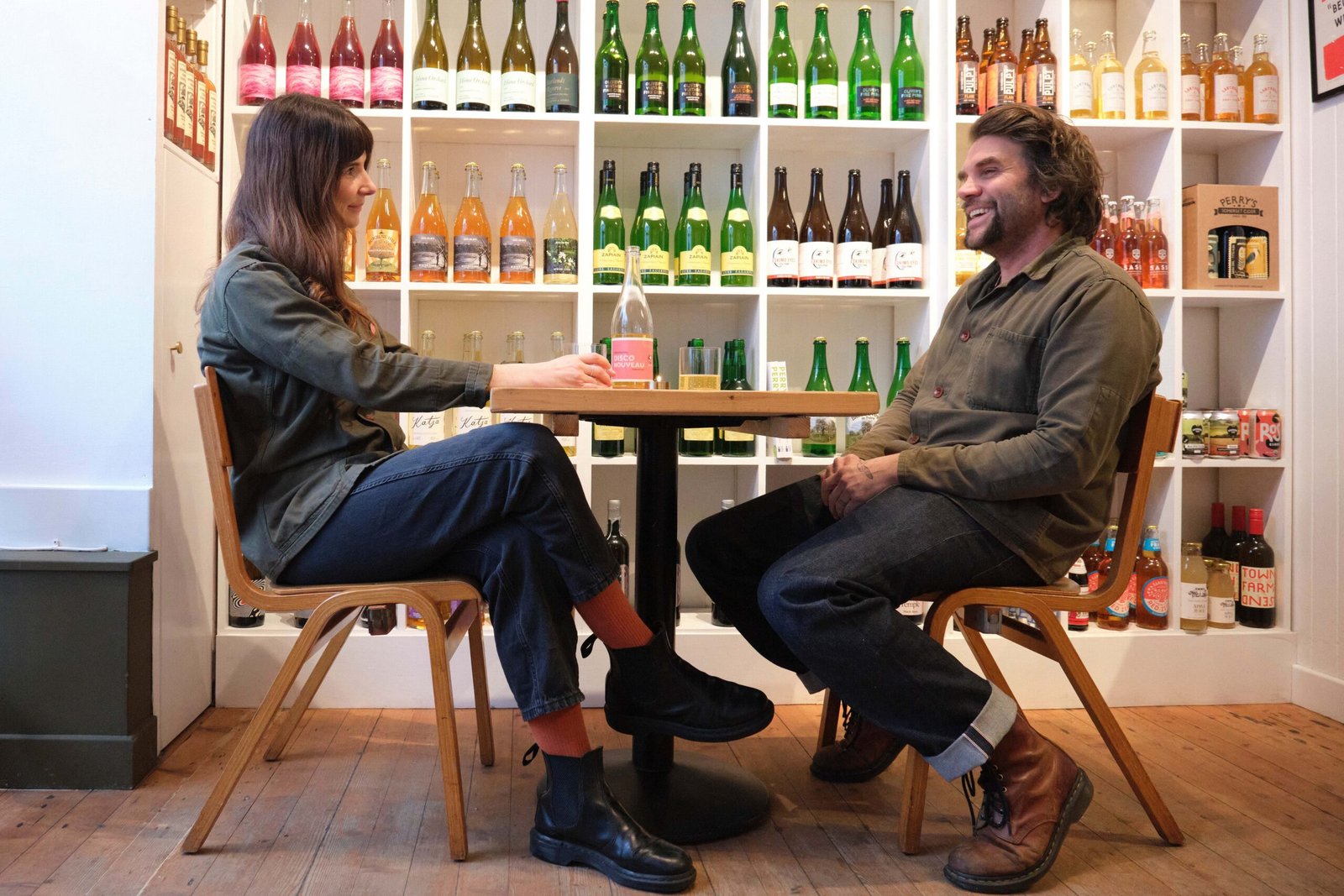Unprecedented price volatility in the global coffee market is putting small-scale Fairtrade coffee farmers under significant pressure, despite prices reaching all-time highs, one of the UK and Ireland’s largest coffee suppliers has warned
Arabica prices have more than doubled in the past year, recently peaking at 425 cents per pound before settling between 370 and 400 cents. But while roasters, cafés and consumers are feeling the impact, smallholder farmers are seeing little long-term benefit due to a ‘perfect storm’ of rising production costs, climate shocks, financial pressure, and market instability.
Experts at Matthew Algie, a long-time champion of Fairtrade sourcing, say that although record prices should in theory boost farm income, in practice, they are being eroded by higher input costs, extreme weather, limited access to finance and increased uncertainty. These conditions, they say, are making it difficult for coffee producers to reinvest in their farms and plan for the future.
‘Brazil and Vietnam, the two worlds largest coffee producers have recently experienced long dry periods which have subsequently reduced their output. Meanwhile, geopolitical tensions, including the ongoing conflict in Ukraine and instability in the Middle East, have lengthened shipping routes, pushed up costs, and further disrupted supply chains. Container displacement and poor port infrastructure have compounded the challenges.
In addition, market speculation has driven up price volatility, as rapid movements in the coffee futures market attract short-term investors. This creates further uncertainty for traders and exporters attempting to manage long-term contracts.
Estelle MacGilp, Head of Coffee Sourcing at Matthew Algie, believes the coffee industry must refocus on long-term sustainability, rather than being distracted by short-term price spikes.
She said: “The coffee industry is facing a perfect storm of pressures, driving prices to near-unprecedented levels. But for many farmers, these prices don’t translate into sustainable livelihoods. Volatility is the real issue – prices can rise quickly, but they can also fall just as fast. That instability makes it difficult for producers to plan ahead or secure the credit they need to produce the next crop.”
The coffee markets expert explained that many cooperatives rely on credit to operate, as costs rise, the amount they borrow also increases – making it harder to secure affordable credit. The same applies to exporters and traders, who are now required to finance forward contracts for a commodity that has doubled in price. These added costs are often passed down the supply chain.
MacGilp added: “Long-term relationships are crucial. Producers need buyers who are prepared to ride the storm with them – supporting price consistency and sustainable purchasing practices.”
Amaro Cruz, of the Frontera San Ignacio Cooperative in Peru, said small-scale producers are feeling the pinch, with market uncertainty making long-term planning more difficult.
He said: “While high prices may temporarily increase income, cooperatives face rising financial costs and greater competition from local traders who offer high prices without requiring high quality. That can reduce supply to Fairtrade markets and make it harder to operate sustainably.
“Higher income can help us improve our farms, but the volatility means it’s hard to commit to those investments.”
Fairtrade certification aims to offer a level of protection against this kind of unpredictability. It sets a Fairtrade minimum price of $1.80 per pound – currently below market rates but supporting a critical safety net when prices fall. Farmers also earn a $0.20 per pound Fairtrade premium which they can choose to invest in projects such as community and infrastructure initiatives, along with training in climate resilience and sustainable farming practices. Importantly, Fairtrade fosters long-term partnerships between producers and ethical buyers.
Cruz believes this model is essential. He said: “Fairtrade ensures fair prices, but also protects producers’ rights and promotes social, economic and environmental well-being.”
The outlook for coffee markets remains highly uncertain. While some regions are forecasting stable harvests, attention is now turning to the next Brazilian crop, due to begin in May. There are concerns over the possibility of frost during the country’s winter – a risk that has historically caused severe crop damage. Global coffee stocks also remain low in both producing and consuming countries, adding further pressure to prices.
Amy Oroko, Sustainability Manager at Matthew Algie, said: “While we hope farmers see some benefit from higher prices this season, the broader volatility makes trading conditions extremely difficult for the cooperatives who serve smallholder producers. Sustainability in coffee is about more than pricing – it’s about resilience, relationships and shared responsibility.”
Today, the conversation around responsible sourcing includes models like regenerative agriculture, but the core values of fairness, transparency and sustainability remain constant.
You Might Also Like:
No related posts.
Oroko has urged industry stakeholders to play their part in supporting ethical trade. She continued: “Everyone has a role to play – from retailers and cafés to consumers. Choosing sustainably sourced coffee is a tangible way to support farmers and strengthen the industry’s future. It’s not just about getting through this season – it’s about building long-term security and wellbeing for producers.
“As an industry, we must continue to evolve – but we can’t lose sight of the fundamentals,” “Fairtrade offers stability in an unstable world – and that’s something the coffee sector needs now more than ever.”
Matthew Algie has long been a pioneer in ethical sourcing. It introduced the UK’s first Fairtrade espresso in 1997 and launched the world’s first triple-certified espresso in 2004.
For more information on Matthew Algie’s work with Fairtrade, visit: matthewalgie.com/our-journey-with-fairtrade

